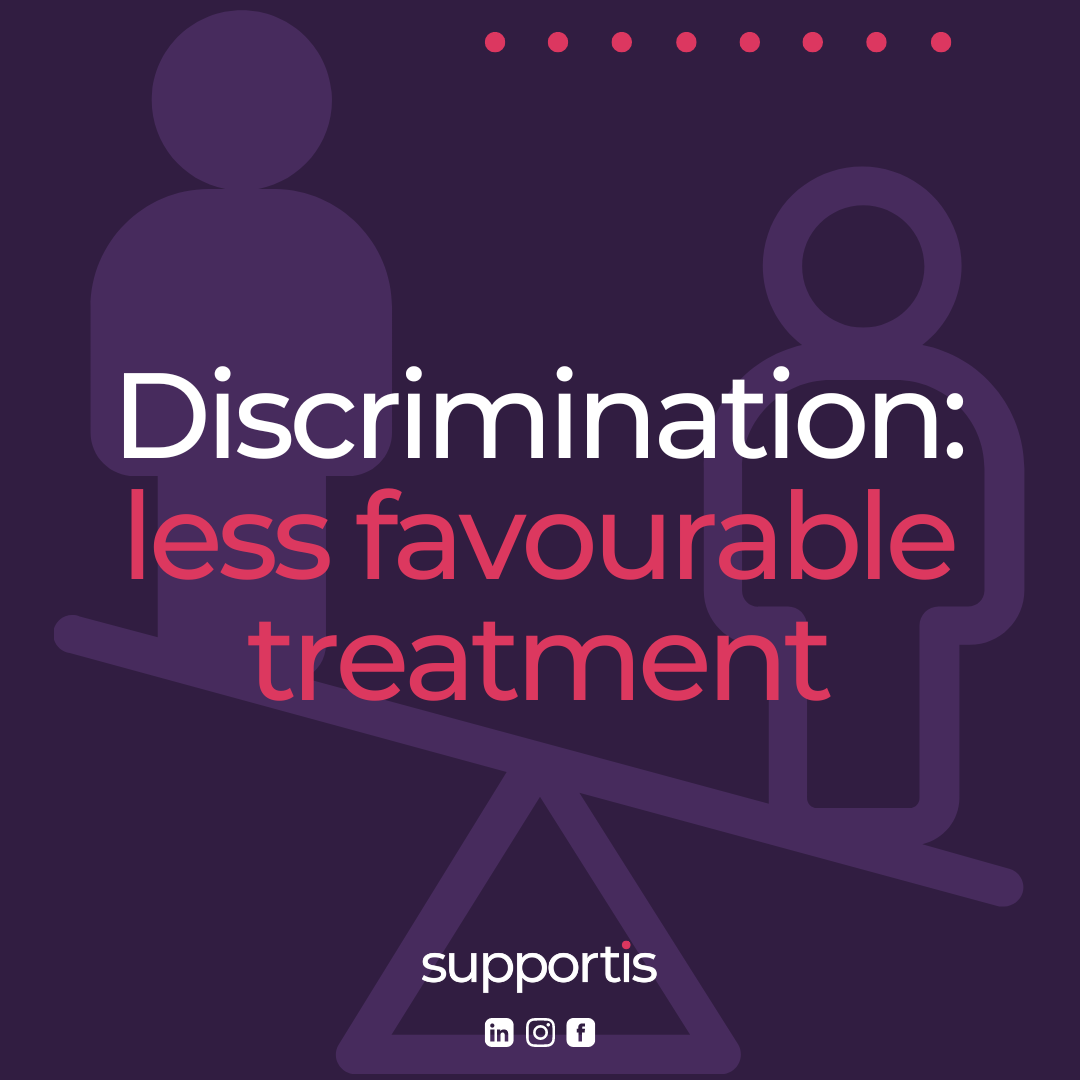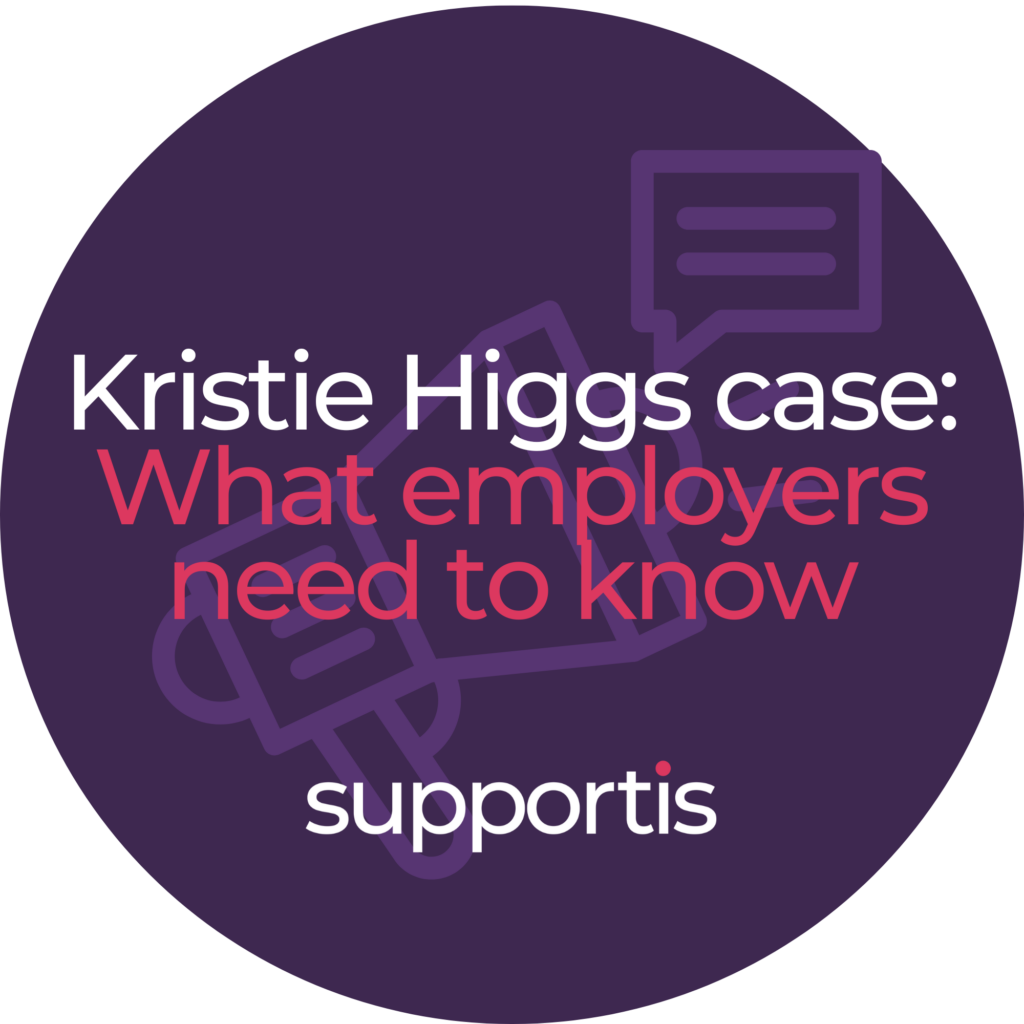If a job is advertised in a way that could be considered discriminatory, a candidate can only claim less favourable treatment if they genuinely intended to apply for and take on the role.
What does the law say?
To prove unlawful sex discrimination, there must be evidence of some form of less favourable treatment. The case of Keane v Investigo (EAT) (2009) established that such treatment is not applicable if the claimant didn’t genuinely intend to apply for the job. Essentially, protection against unlawful discrimination doesn’t cover individuals who had no intention of accepting a job offer even if given one.
Details of the case
The claimant, based in Hounslow, London, had a varied work history and life centred around London since coming to the UK from France. The respondent, a Chinese restaurant in Glasgow, posted a job ad online seeking female takeaway staff.
The job ad read:
“Takeaway female staff who can speak English fluently needed to join Shamila’s café near the beautiful area of Ruchill park. The candidate needs to help with customer service and in the kitchen. The selected candidate also needs to work the weekend full time but he/she will have 2 days off during the week. The salary is negotiable and depends on your experience”
The claimant didn’t apply or attempt to contact the restaurant. He didn’t show any interest in relocating to Glasgow or applying for other jobs in Scotland. Nevertheless, he filed a claim for sex discrimination.
Employment Tribunal
The ET scrutinised the claimant’s motivations to determine if he genuinely intended to move to Scotland and take the job. The claimant was deemed capable of contacting the restaurant, and the use of “he/she” in the ad indicated the employer might consider male applicants too.
No evidence suggested the claimant wanted to relocate. He claimed he wanted the job due to the mention of a “beautiful park” but the ET found this unconvincing.
Since the claimant had no genuine intention of applying for the role, the ET ruled there was no less favourable treatment, leading to the dismissal of his claim. The claimant was then ordered to pay £697 to the respondent due to vexatious and unreasonable behaviour in bringing a baseless claim.
This case reiterates how common it is for claims to be brought against businesses when an expert eye isn’t cast over contracts, policies and job adverts. Supportis provide fixed fee, truly unlimited advice to ensure your business doesn’t fall foul of the law. Contact our friendly team for a free, no-obligation chat around how we can help on 0161 603 2156 or email us at [email protected].




